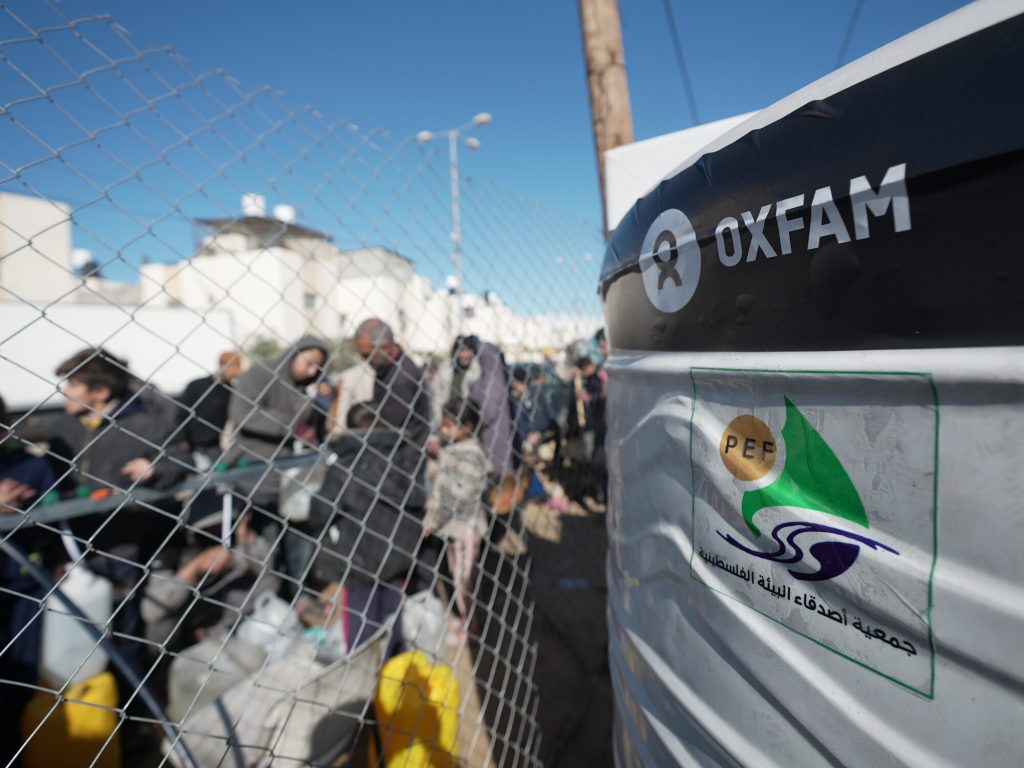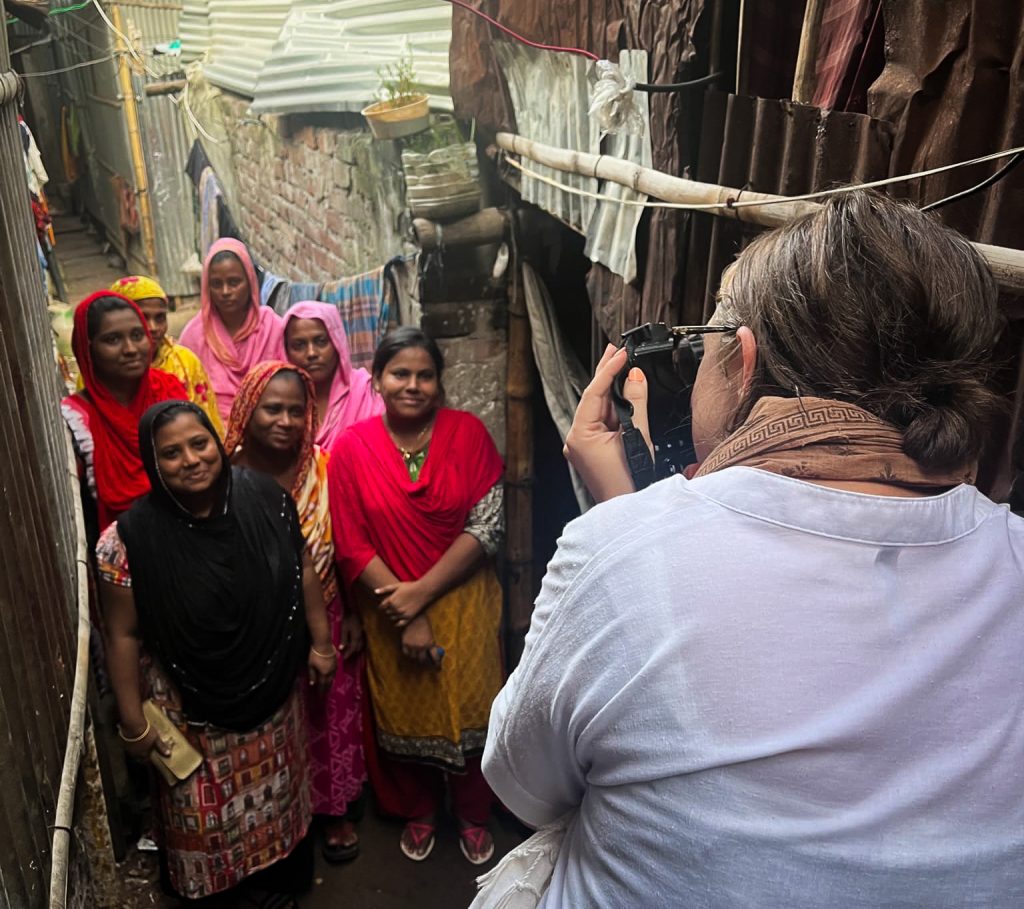Families are leading the way to feed people and fight climate change
It’s 4am. You get up like any other morning with your young baby. Except today is different. Last night a freak storm flooded your fields and your crops are out of action. You don’t know how you will make a living or feed your family in the coming months.
This is the reality that many of more than 500 million family farms face today because of climate change. Women are at the heart of the global food system, guarding a future where everyone has enough to eat.
Whilst rich Governments and some businesses are letting 1 in 9 people go hungry, we can stop climate change making people hungry if we work together – and it starts by spreading the word about the need to act.
Take the quiz: Could you make it as a farmer?
Take and share our quiz to find out if you could make it as a farmer – help build a movement to feed people and fight climate change!
This week, thousands around the world are taking action!
This summer Oxfam supporters successfully called on big food companies like Kellogg and General Mills to reduce their harmful greenhouse gas emissions. Then in September people took to the streets to call on world leaders to step up and act on climate change.
As World Food Day approaches this Thursday, thousands of people around the world are joining families and farmers in taking action to feed people and fight climate change. It’s all part of GROW week (Monday 13 – Friday 17 October) and here’s a taste of just a few things that are happening around the world:
- Oxfam will join NGOs and governments in attending the launch of a new Disaster Risk Reduction programme in Armenia and Tajikistan;
- Female Food Heroes in Armenia are leading workshops for women’s leadership training to help other women run successful farms and community projects;
- Oxfam supporters in Australia, Belgium and the USA are holding hunger banquets to raise awareness and money for food security programs;
- Female Food Heroes and Oxfam staff are meeting with national governments and regional bodies in Bangladesh, Burkina Faso, Nigeria, the USA, Asia and Africa to argue for better food security programs;
- Oxfam offices in Philippines and Myanmar are releasing reports on smallholder farmers and market linkages;
- Thousands of people will attend a music concert in West Africa raising awareness of the need to feed people and fight climate change;
- Supporters in Canada will carry buckets of water and blog about the experience to highlight the increasing distance in which women are fetching water as a result of climate change;
- Members of the public in Belgium will take part in lobbying their government to push for a European commitment to renewable energy, to stop feeding climate change;
- An open letter from Oxfam and women farmer organizations to the Nigerian Head of State will be published in a national newspaper, concerning inequalities between rural women and men;
- People will debate family farming, food, climate change and women’s role in helping fix the problem on TV and radio in Burkina Faso, Tanzania and West Africa; Food sovereignty high profile public hearing in Bangladesh; women’s contribution to food, in Nepal;
- Universities in Tanzania and Nigeria will host a debate and a film screening;
- Oxfam and partners in Indonesia will launch a Young Farmer Ambassador Program, and give out a GROW award for best media reporting on food justice;
- Youth in Tajikistan will have a flashmob to call on people to keep up the fight against poverty; Oxfam will take part in a farmer forum in Cambodia;
- A seed caravan will tour Sri Lanka campaigning against the ban on seed banking.
- The Asian Rural Womens’ Travelling Journal (WTJ) has travelled anew, providing 45 rural women in 7 countries around Asia a medium to share their stories, struggles and triumphs and to raise their voices on food, land rights, climate justice, and empowering themselves.
While climate change is making hunger worse, we can work together to fix it.

